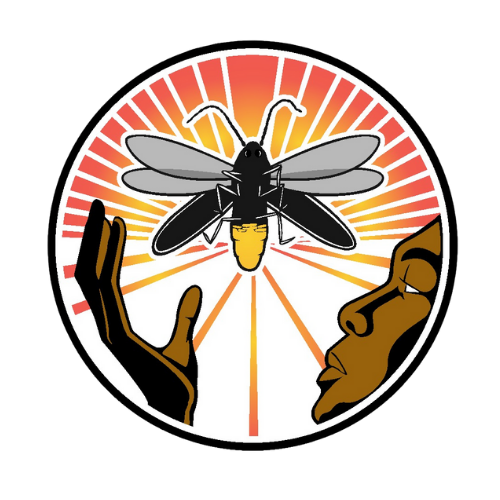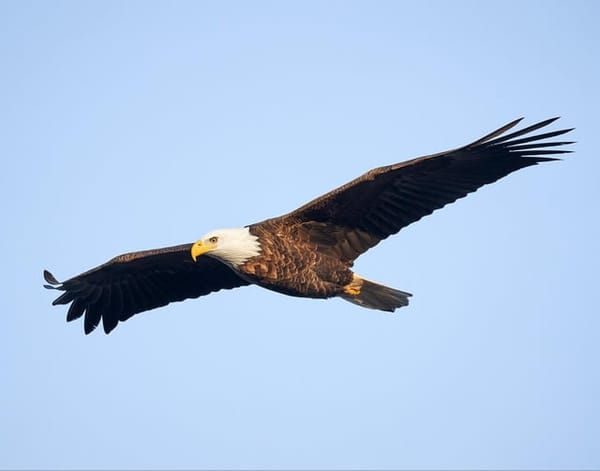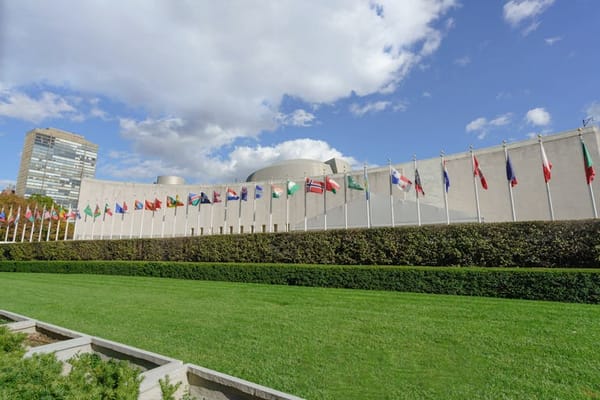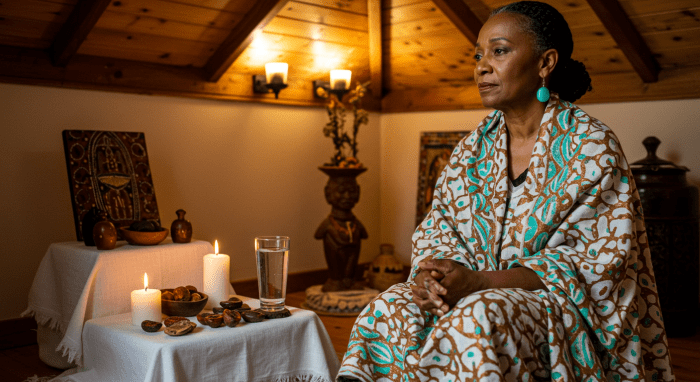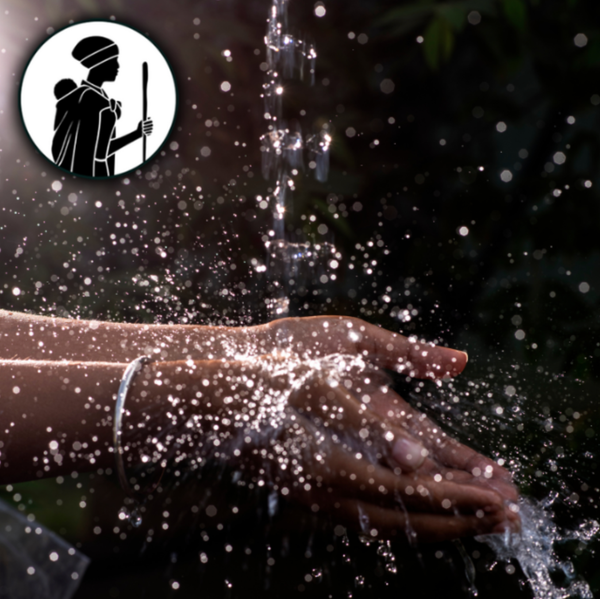by SaMa’at Sakuhai
“Every bird flies with its own wings”, just like “the path is made by walking”. In either case, the progression of the bird or the one walking is largely determined by the conditions in which each finds itself. Clear sunny skies and a light breeze that gently lift a bird to soaring heights in the context of spiritual evolution might be the same conditions that undermine the rains that moisten the soil and expose the worms, insects, and seeds that the bird needs to eat for its survival. The pivotal question arises even in this setting of the most natural of challenges: how do you reconcile the conundrum created by these seemingly diametric realities, particularly as it relates to the overall well-being of the bird?
If one can follow the above analogy in this most simplified yet existentially practical way, perhaps it is only natural that the introduction of corrupt systemic machinations to this set of existential conditions will create an even more irreconcilable situation. Humanity has come into a life that is a school of evolution, which has in its own right the parameters that provide the necessary challenges that can facilitate and catalyze that process. We saw above that wind, rain, heat, and cold, in addition to health, sickness, youth, and old age, are among the natural conditions that are a part of what ‘birds’ must face even as they fly. But how does that ‘bird’ fly in conditions that are completely unnatural and born of the simulated reality/nightmare that is the brainchild of human greed and ambition? It must fly with its own wings, yes! But does it even get off the ground? Some may consider that we have even been raised in a system that perceives nature as an enemy to conquer and tame. We’ve been conditioned to engage with it in an exploitative capacity, whereby even the entire Earth and all of its known kingdoms, from mineral and plant to animal, are here for our benefit, never hazarding the prospect that the human species only finds its own awareness by the grace of this planet's gregarious character.
Recognition of this graciousness and the vastness of the intelligence behind what little we understood of it led to what we came to express as spirituality. The quest to investigate and discover, and to model and emulate that which we observed to be of a higher order. We ascended to great achievements in this pursuit, but we’ve also failed and succumbed to our basest traits. But what becomes of our ‘bird’ in humanity’s vacillation between these highs and lows? It seems to be an inherent part of this reality that these periods of enlightenment and decadence occur in cycles, whereby it is a necessary component of our existence to overcome the challenges or be overcome by them. This is so, whether the challenges we face are just a facet of surviving the natural world or the social dynamics we generate between human beings. They both seem to be a part of the field of exchange we must interact with as part of the pedagogy of this school of life. And from our engagement with surpassing the tests and assignments or failing to, we can experience the transcendence of spirituality or the degeneracy of stagnation.
However, the social realities seem to have taken on a life of their own, whereby social dynamics have begun to surpass the stage of normal inertia and healthy resistance that would serve to stimulate the ‘bird’s’ growth. Now, society’s institutions have become complex structures that compound the normal challenges of any era. They have become systems of large-scale enslavement, as was mentioned, and serve to exploit and intensify what would otherwise be natural and normal challenges. It thrives off the stagnation of the ‘birds’ that came to try their wings. It profits off the sale of their feathers, forcing them to become consumers in that market, in the desperate hope of restoring their wings, to speak nothing of actually achieving flight. If, therefore, ‘flight’ can be analogous to enlightenment and spirituality, then the commoditization and exploitation of all things that would facilitate flight become enslaving and an extension of evil.
And yet, even in this darkened sky of entrapment and distortion, there remain glimmers of an older memory; a faint pulse in the breast of the ‘bird’ that remembers what it is to fly. It is not a flight taught in schools nor sold in shops, but one encoded in the being itself, waiting to be recalled. The systems that now masquerade as progress have not succeeded in extinguishing the ancestral intuition that life is more than labor, that nature is not enemy but mirror, and that spirit is not abstract but the very breath that animates the journey. Thus, spirituality in a slave society becomes both rebellion and reclamation; a refusal to clip one's wings for comfort, and a turning inward toward the source of true propulsion. Whether soaring or grounded, the bird’s greatest act may lie not in fleeing the storm, but in remembering that it was born to navigate it. And in that remembrance, even the cages begin to rust.
